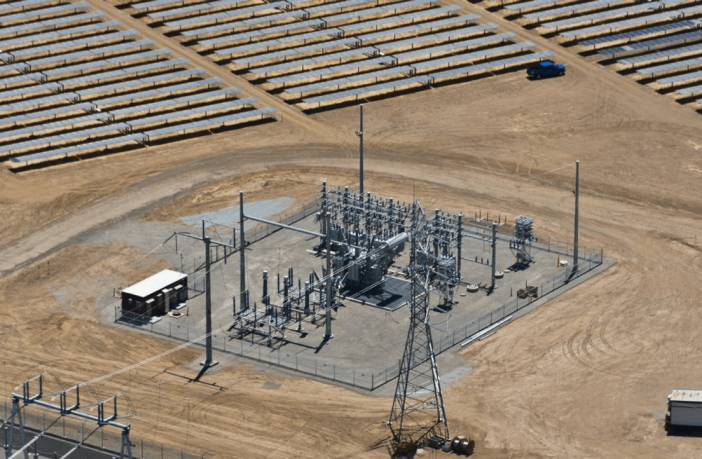- Eskom has welcomed the Johannesburg High Court judgment dismissing with costs, the interdict application by G7 Renewable Energies to prevent Eskom from implementing the Interim Grid Capacity Allocation (IGCA) Rules.
- In passing the judgment, the Judge reiterated that new generation capacity is required to alleviate loadshedding and contribute towards the energy security in the country.
On 17 July 2023, G7 Renewable Energies applied to the court to interdict Eskom from implementing and giving effect to and enforcing the rules. G7 also requested the court to direct Eskom to apply the “first come, first served approach” for all pending applications for grid allocation. Eskom restated that the allocation of the grid on the first-come first-served basis resulted in the limited grid access being allocated to projects that were not ready to utilise capacity, thereby preventing the allocation of the grid to projects that are ready.
Public procurement programmes, including Bid Window 6 of the Renewable Energy Independent Power Producer Procurement Programme (REIPPPP), were impacted by the hogging of the grid by projects that were not ready. To this effect, Eskom introduced the principle of “first ready, first served” which will enable allocation of capacity to projects based on a demonstrated readiness of the project to build the generation facility and related grid infrastructure to connect to the grid. Eskom implemented these rules from 27 June 2023, following a consultative process.
In line with the ‘first ready, first served’ principle, Eskom outlined the following new criteria:
- All permitting, including environmental impact assessment and water-use authorisations must be in place
- A power purchase agreement, including heads of terms must be in place between IPP and the off-taker
- Confirmation of the appointment of Eskom-approved design consultants for self-build connections
- Solar performance assessment for one year in the case of solar PV projects
- Wind energy performance assessment for two years in the case of wind projects
- The payment of a Grid Capacity Allocation Guarantee issued by an Eskom-approved financial institution.
Only once these conditions have been met will Eskom issue a budget quote for grid connection, while still reserving the right to revoke such a quote should there be a failure on the part of the IPP to meet any of the milestones outlined above.
The connection of new generation capacity to the national grid requires sufficient grid connection capacity to enable these projects to come online. However, in the past few years, uptake of the generation capacity was restricted due to the severe grid constrains in Transmission’s national corridors specifically in the Northern Cape, Eastern Cape, and Western Cape.
Eskom says the IGCA Rules are necessary, given the urgent need for the connection of new generation capacity to the national grid. They are also important as the government prepares to launch Bid Window 7 of the REIPPPP.
The second part of the matter which deals with the rationality and lawfulness of the rules will be heard on 11 September 2023. Eskom hopes for a favourable outcome.
Author: Bryan Groenendaal















